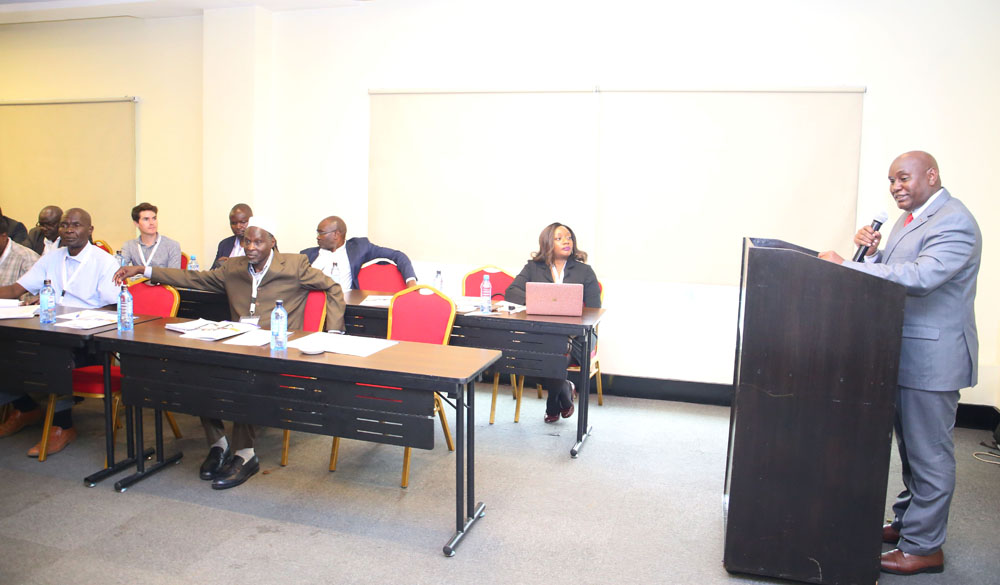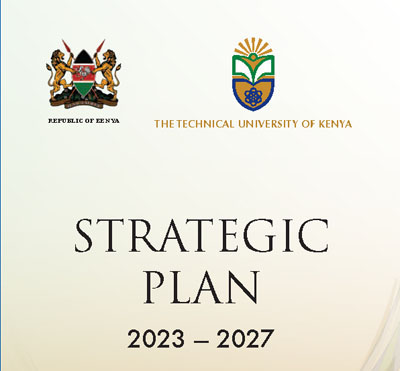The Kenyan leather industry urgently needs innovative solutions and research to become profitable. This was said during the 2nd workshop on Eco-Tanning Processes in Kenya and the East African Region held in Nairobi. The event brought together tanning industry players, researchers in areas of leather processing and marketing, environmental scholars and regulators. The industry, was termed as‘a sleeping economic giant’ but was tipped to awaken the country’s manufacturing sector, create job opportunities in line with President William Ruto’s focus on leather, pharmaceuticals and edible oil value chains to grow the economy.
Recently the President challenged the industry to produce 15 million pairs of back-to-school shoes and proposed a ban on shoe imports within two years.
The forum was organised by the Technical University of Kenya (TU-K) in collaboration with the State Department for Livestock Development and the United Nations Conference on Trade and Development (UNCTAD) and the Tanners Association of Kenya (TAK).
The Principal Secretary, Ministry of Agriculture and Livestock Development, Jonathan Mueke, officially opened the workshop. TU-K VC Prof. Benedict Mutua and Tanners Association of Kenya (TAK) Chairman Mr. Robert Njoka were the keynote speakers.
The PS said the government had identified priority intervention areas in the leather value chain ranging from improving leather quality, developing skilled personnel and researchers in the sector, technology acquisition and adoption to legal and regulatory environment constraints.
“These priority intervention areas include; low supply of quality hides and skins, uncompetitive and low value-added products, limited access to domestic and export markets, weak infrastructural support, weak skills and low compliance with product standards,” Mueke said.
The PS who was represented by the Director of Veterinary Services, Dr. Obadiah Njagi, said the government was committed to setting up more effluent and solid waste treatment plants to promote sustainable manufacturing and environmental management.
The VC noted that inclusion of the academia even while setting out for the international leather market was important for sustainability and efficiency.
“The inclusion of the academia family in this workshop is to promote academia-industry partnership where innovative research and innovation is translated into sustainable processes that improve production efficiency while at the same time reducing environmental degradation,” Prof. Mutua noted.
He also challenged various government agencies and non-state actors to formulate mitigation measures that tanneries especially the small ones can lean on while continuously improving their industrial manufacturing processes designed to achieve sustainable manufacturing and environmental conservation.
“You recall that through inefficient practices and failure to modernise manufacturing processes that reduce environmental degradation, NEMA closed many tanneries in the past, and in the process employees lost their jobs and the Kenya Government on the other hand lost tax revenue. This is unacceptable in the 21st century Kenya,” Prof. Mutua noted.
On the same note, Tanners Association of Kenya (TAK) Chairman, Mr. Robert Njoka, who was represented by Ken Nyaga, said the role of the tanner has evolved with a greater emphasis on sustainable practices. Innovative approaches like upcycling and circular economy are also reshaping the landscape of sustainable leather tanning.
Prof. Mutua further asked the leather industry players to collaborate with TU-K in various stages including; in research, training, machinery and in production of molds.
“TU-K as a TVET institution is a hands-on oriented university in training and attitude, and through the Center for Engineering Innovation and Teaching Factory (CEI&TF) is ready to partner with tanneries to manufacture spare parts which are currently imported at very exorbitant cost,” Prof. Mutua added.
Peter Bw’ongera, a tanner based in Narok was delighted to learn that TU-K had opened its workshops and laboratories, training and research read to work with tanneries.
“We need more professionals in the industry, whenever you shop around for shoe designers in Kenya, we are referred to old generation of designers, can we have young blood in the industry with new ideas, I am excited to work with TU-K especially in production of molds,” Bw’ongera said.
Prof. Ndirangu Kioni, former VC at Dedan Kimathi University of Technology (DKUT) who is a stakeholder in the leather industry said the sector had been working with DKUT, TU-K, University of Nairobi and Meru University in developing a curricular to address the shortage of professionals and researchers in the industry.
“At TU-K, for instance, we have an equipped workshop to produce molds, UoN and TU-K have carried out research, that are on pilot stages and need to be upscaled,” Prof. Kioni said, adding that researchers should be in touch with end users even while they carry out studies to be able to address most pressing problems.


